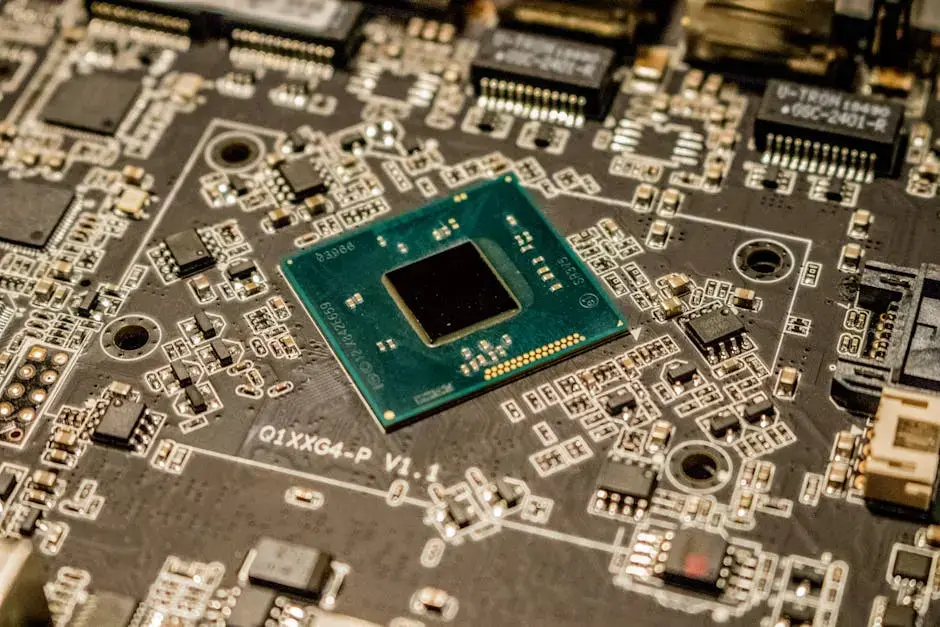What is Motor Control and Why is it Important for Automation?
- AAAPlus Automation
- Aug 20, 2024
- 2 min read

Understanding Motor Control
Motor control refers to the process of regulating the operation of electric motors to achieve desired motion control. It involves aspects such as starting, stopping, and speed control of motors to meet specific requirements in various applications.
In the realm of automation, motor control plays a critical role in ensuring precise movement and positioning of machinery. By effectively managing motor functions, automation systems can optimize performance, enhance efficiency, and maintain consistent operation.
The fundamental concept of motor control revolves around converting electrical energy into mechanical motion. Through sophisticated control strategies and technologies, engineers can manipulate motors to perform intricate tasks with accuracy and reliability.
From simple on/off operations to complex speed and torque adjustments, motor control systems are designed to accommodate a wide range of industrial and commercial requirements. These systems form the backbone of automation processes, influencing the overall productivity and functionality of machinery.
Motor control is not limited to basic motor functions but extends to advanced features like remote monitoring, predictive maintenance, and fault diagnostics. These capabilities empower organizations to proactively manage their equipment, minimize downtime, and enhance operational resilience.
In essence, motor control is a multidimensional discipline that integrates electrical, mechanical, and control engineering principles. Its significance lies in its ability to synchronize motor behavior with automation tasks, enabling seamless operation and precision in industrial and robotic systems.
Importance of Motor Control in Automation
Motor control is indispensable in automation due to its pivotal role in dictating the movement of robotic arms, conveyor belts, CNC machines, and various other automated equipment. A sophisticated motor control system enhances the agility and responsiveness of these machines, leading to optimized production processes.
Efficient motor control mechanisms enable automation systems to achieve high levels of accuracy and repeatability in executing tasks. By fine-tuning motor parameters, such as acceleration, deceleration, and positioning, businesses can ensure consistent output quality and minimize errors in manufacturing operations.
The integration of intelligent motor control solutions with automation platforms facilitates seamless communication between different components of a system. This interoperability streamlines data exchange, simplifies programming, and allows for real-time monitoring and adjustments, enhancing overall operational efficiency.
Motor control acts as the linchpin in automation safety protocols by implementing features like emergency stop functionalities, overload protection, and motion feedback systems. These safety measures not only safeguard personnel and assets but also contribute to compliance with industry regulations and standards.
In the context of smart factories and industry 4.0 initiatives, motor control lays the groundwork for interconnected and adaptable manufacturing environments. By incorporating predictive analytics and self-optimizing algorithms, motor control drives the evolution of automation towards more agile, data-driven, and autonomous systems.
Ultimately, the synergistic relationship between motor control and automation epitomizes the modern industrial landscape's quest for efficiency, precision, and innovation. As technologies continue to evolve, the role of motor control will remain paramount in shaping the future of automated processes across diverse sectors.







コメント